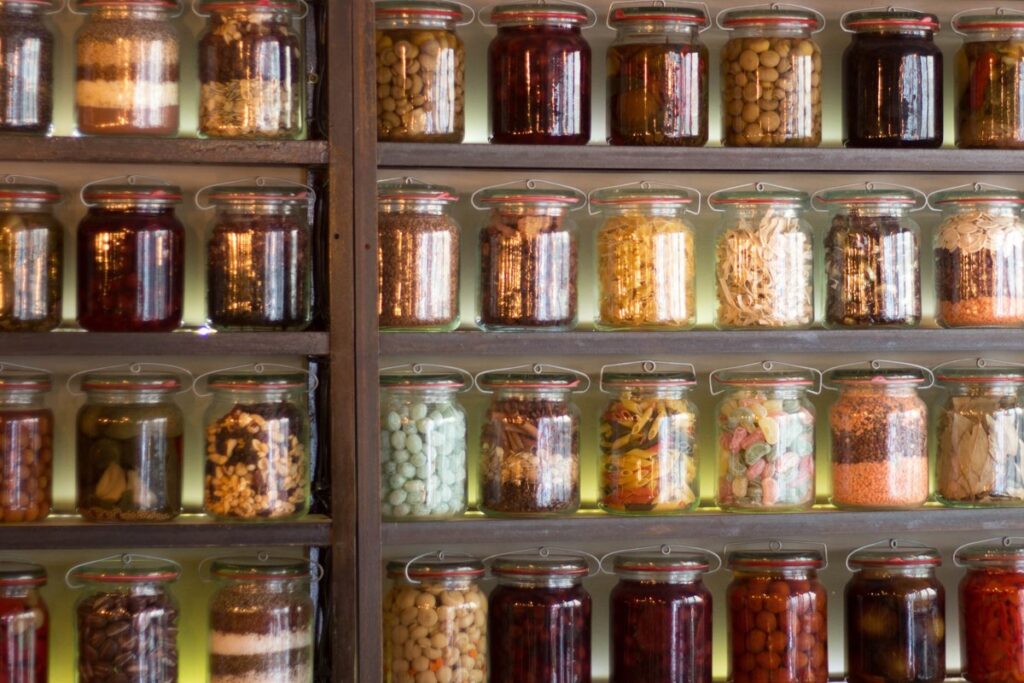When it comes to building a comprehensive bug out bag (aka an emergency kit), most people neglect one important aspect that is vital to everyday survival: food.
Of course, after reading that (and double-checking your pantry stash) your first impulse may be to Google “best emergency food kits.” Let us save you the sticker-shock: you’re looking at survival food kits that cost anywhere from $2,999 for a year supply to $797 for a meager 3-month supply of pre-packaged “survival food.”
Undoubtedly, the prices of many of these kits have been inflated due to the current coronavirus crisis. Pandemic or no pandemic, however, there is no reason to spend hundreds or thousands of dollars on survival food when there are cheaper – and tastier – options out there.
One such option? Jerky.
Whether you prefer beef, elk, venison, fish or something a little more exotic, jerky is hands-down the best protein to stock up on for your emergency food kit. Read on to find out how to best prep and store jerky for your emergency food supply kit.
Storing Store-Bought Jerky
The shelf life of beef jerky can vary based on a number of factors, some of which are out of your control if you purchase your jerky from a store. The amount of sodium (salt) and sugar used in the making of the jerky can affect its shelf life, as can the packaging process.
Oxygen is the main enemy when it comes to keeping your jerky fresh and mold-free. Look for jerky that has been vacuum-sealed in its container and then keep it stored in a cool, dark place for the longest shelf life.
Storing Gourmet Jerky
Unlike most store-bought jerky, gourmet jerky isn’t infused with hydrogenated oil to extend its expiration date, as these additives affect the quality of the jerky. Due to this lack of additives, high-quality jerky should be stored in the refrigerator in an air-tight Ziploc bag or snap lid container as soon as the vacuum-sealed package is opened.
Not planning to eat your gourmet jerky in a week’s time? You’re better off freezing it while it’s still fresh. Freezing jerky will increase its shelf life to 7 – 12 months.
Storing Home-Made Jerky
Do you, like many Americans, find yourself with a little too much time on your hands during the COVID-19 quarantine? If so, have you ever considered making your own jerky? Consider it a win-win: you’ll master a new skill and stock your emergency food kit with your new hobby.
When it comes time to store your home-made jerky, treat it the same you would gourmet jerky. Unless you plan to use your own additives or preservatives, home-made jerky will act the same as gourmet jerky in terms of quality, freshness and shelf life.
Storing Store-Bought Jerky
Storing store-bought jerky can vary depending on a number of factors, including how much moisture was removed from the jerky and the sodium and sugar levels. While Ziplock bags and airtight containers should be fine for short-term storage, keeping excess store-bought jerky in the freezer is best.

1 Comment
Permalink
How do you read or find the expiration date on alligator sticks and jerky